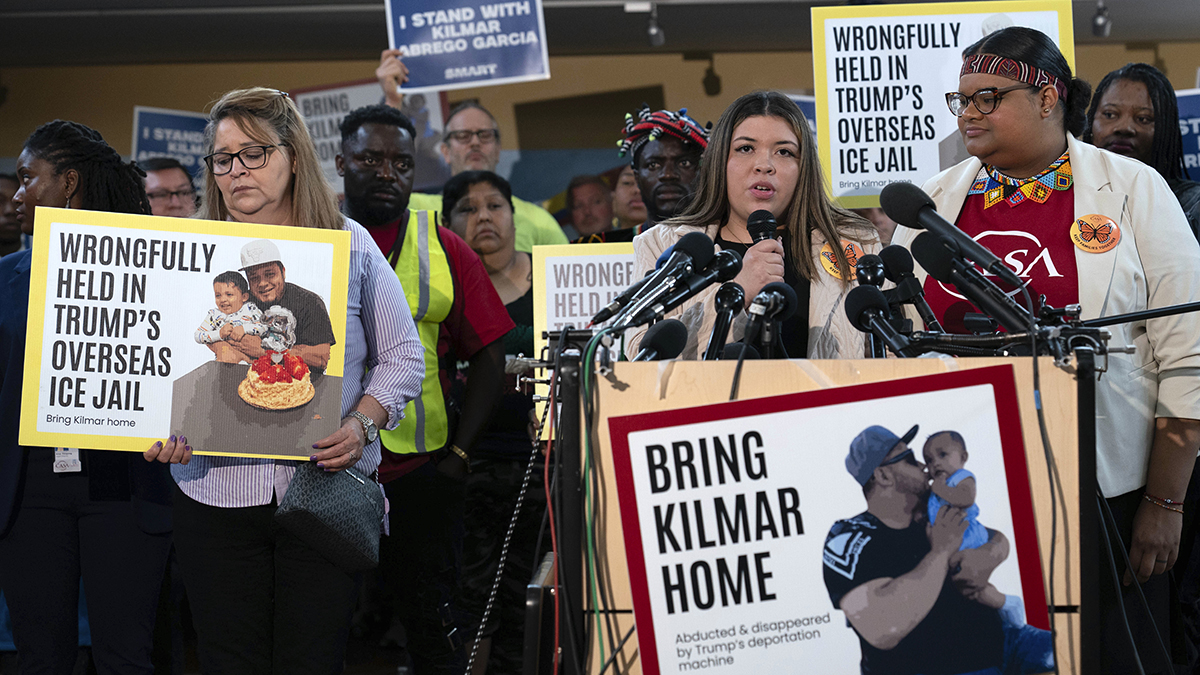Tea party darling Ted Cruz convincingly defeated the Republican establishment favorite, Lt. Gov. David Dewhurst, in Texas' runoff election Tuesday, capturing the GOP nomination to replace retiring U.S. Sen. Kay Bailey Hutchison as fiercely conservative voters shook one of America's reddest states to its political core.
The race was called shortly before 8:30 p.m., with 21 percent of the precincts reporting. At that time, Cruz has 54 percent of the vote and a lead of 336,174 to Dewhurst's 289,284. See all results here.
After the race was called, Hutchison issued a statement saying she'd do whatever she could to support Cruz in November.
The race had been closely watched nationally as one of the nation's most-vivid contrasts between the GOP mainstream and grassroots, conservative activists. But as results began to pour in, it turned out to be no contest. Cruz grabbed early leads in key cities around the state where Dewhurst had once enjoyed stronger name recognition, fundraising and political organization just weeks earlier.
Overseeing the state Senate from the powerful lieutenant governor's post since 2003, Dewhurst was long considered a slam dunk in his race with Cruz, the former state solicitor general and son of a Cuban immigrant. Dewhurst had the endorsement of much of Texas' Republican mainstream, including Gov. Rick Perry, who despite his failed run for president was still widely popular back home. He also had a $200 million personal fortune he could dip into at will and did, loaning his Senate campaign at least $24.5 million.
But Cruz has a fiery stage presence that made tea party supporters across the state swoon, and received millions from national, conservative organizations which targeted Dewhurst as too moderate. Even though the lieutenant governor oversaw some of the most-conservative state legislative sessions in Texas history and helped speed the passage of laws requiring women to undergo a sonogram before having an abortion and voters to show identification at the polls, he also occasionally compromised with Democratic lawmakers to keep the legislative agenda moving.
Meanwhile, former Democratic state Rep. Paul Saddler easily bested perennial candidate Grady Yarbrough to capture his party's nomination and face Cruz in November's general election, but Cruz begins that race the overwhelming favorite.
U.S. & World
The day's top national and international news.
Cruz memorized the U.S. Constitution while in high school and successfully painted his opponent as wishy-washy -- even though they actually disagree on little, either politically or ideologically.
The 41-year-old Cruz had never run for political office but bolstered his political credentials arguing in front of the state Supreme Court as the longest-serving solicitor general in Texas history.
Cruz's father Rafael is a pastor outside Dallas. He fought with Fidel Castro's rebels in Cuba before Castro took power and eventually embraced communism, and the elder Cruz fled to the U.S. with nothing but $100 sowed into his underwear.
Texas Republicans aren't used to losing: The state has not elected a Democrat statewide since 1994. But Cruz attacked Dewhurst from the right, and the lieutenant governor's campaign had no real answer.
The state primary was pushed back from Super Tuesday to late May due to a legal fight over redistricting maps drawn by the GOP-dominated Legislature. The 66-year-old Dewhurst beat Cruz by 10 percentage points in the primary but fell about 70,000 votes short of the majority needed for an outright win in a nine-Republican field vying for the party's nomination.
Besides Perry and other state GOP big guns, Dewhurst was endorsed by former baseball great Nolan Ryan. Dewhurst also won the endorsements of former Dallas Mayor Tom Leppert, who finished third in the Republican primary, and ex-NFL running back and ESPN commentator Craig James, the primary's fourth-place primary finisher.
None of it was enough.
Cruz got millions from national tea party groups and other conservative organizations including the Washington-based Club for Growth. He was endorsed by ex-Alaska Gov. Sarah Palin, radio talk show host Glen Beck, U.S. Sens. Jim DeMint of South Carolina and Kentucky's Rand Paul, as well as former GOP presidential hopeful and Pennsylvania Sen. Rick Santorum.
At a morning campaign stop in Houston, Cruz said he heard from voters statewide interested in changing what they view as insider-politics in Washington.
"That's the way the democratic process is supposed to work. It's not supposed to be a bunch of guys in a smoky room in Austin picking the next senator," Cruz added.
Just blocks away a few hours later, Dewhurst said, "This is a tough race, but if we remind voters I'm the only true conservative in the race," we can win, Dewhurst said, promising to "turn Washington upside down" if elected.
Natache Reeves, a 42-year-old nurse from the Dallas-Fort Worth suburb of Grapevine, said she voted for Cruz because he had Palin's support and was less likely to restrict handgun use.
"I love Sarah Palin, and she's backing Ted Cruz," Reeves said. "I pretty much agree with everything that rolls out of her mouth."
But Cruz wasn't for everyone. Frank Martinez of Dallas said despite finding Dewhurst's campaign ads "very mean" he couldn't support Cruz, even though they share Cuban roots.
"I think (Dewhurst) has more experience, and he's not a lawyer. So the ad worked," said Martinez, 54, who is unemployed after a workplace accident two years ago left him disabled.
Cruz has drawn comparisons to Indiana, where state Treasurer Richard Mourdock defeated incumbent Sen. Richard Lugar in the Republican primary. But in Texas, the nation's second-most populous state, a win by a tea party-backed candidate is likely to resonate even more.
Associated Press writers Danny Robbins in Grapevine, Sarah Kuta in Dallas, Ramit Plushnick-Masti in Houston and AP photographer Pat Sullivan in Houston contributed to this report.



